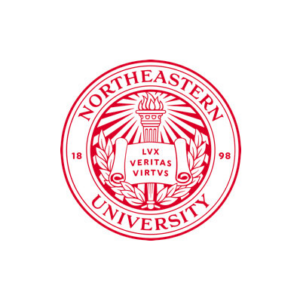Nanomedicine Academy of Minority Serving Institutions
Nanomedicine is an emerging paradigm that seeks to develop engineered nanometer size particles to solve key problems in modern medicine, such as early diagnosis of disease and targeted delivery of therapeutics. This field is exciting to students and there is worldwide demand for training in this area. Northeastern University translated cutting-edge advances in nanomedicine research into an education model to pilot and test a scalable, interactive network that empower low-resource institutions to build capacity in nanomedicine training and develop degree programs in this emerging field. This project created a reciprocal knowledge-sharing relationship among a large national pool of students across five institutions. The successful implementation of this new model of higher education was expected to broaden the participation of minorities in the nanomedicine workforce thus reducing disparities in the health workforce, establish new degree programs, and serve as a blueprint for the creation of similar education programs in other disciplines.
Read the abstract
Outcomes
The Academy created 5 graduate courses in nanomedicine that are taught simultaneously to students at 5 partner institutions and established a cross-institutional online network that enables students to learn from expert instructors as well as peers throughout the nation. Today, the courses are attended by over 90 students per semester spanning 18 different STEM disciplines.
Learn more with Northeastern’s Nanomedicine Academy

